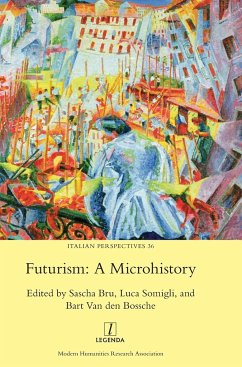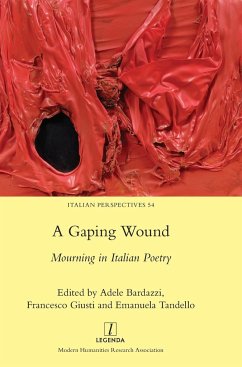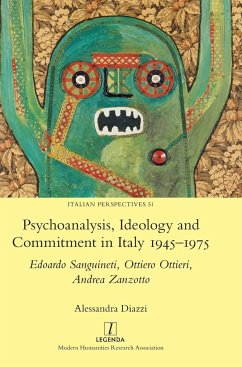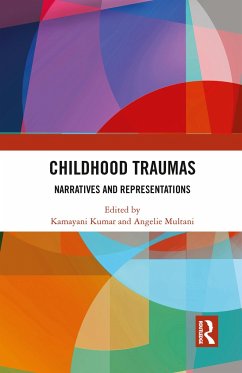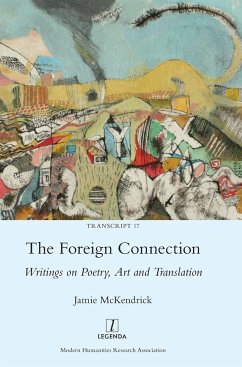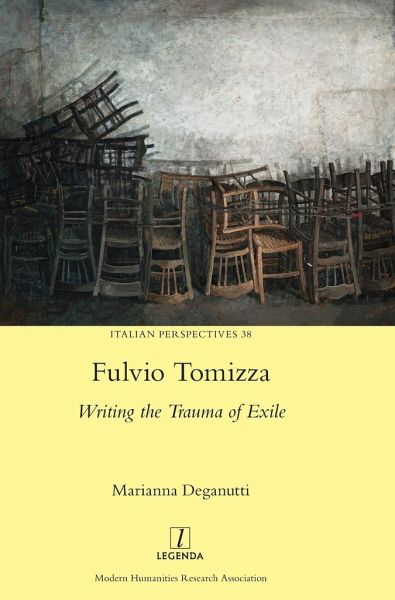
Fulvio Tomizza
Writing the Trauma of Exile

PAYBACK Punkte
48 °P sammeln!
In what language is it possible to elaborate the trauma of exile? By dealing with the diaspora from Istria, a borderland located at the intersection of the Italian and the Croato-Slovene civilizations, Fulvio Tomizza (1935-1999), an outstanding and yet still relatively unknown author of the Italian Novecento, questioned exile in depth. This exile, which took place after the post-war redefinition of the Italo-Yugoslav border, corresponds to a trauma, that can be better analysed through the language used by Tomizza, in particular through his multilingualism and self-translation. In this work, De...
In what language is it possible to elaborate the trauma of exile? By dealing with the diaspora from Istria, a borderland located at the intersection of the Italian and the Croato-Slovene civilizations, Fulvio Tomizza (1935-1999), an outstanding and yet still relatively unknown author of the Italian Novecento, questioned exile in depth. This exile, which took place after the post-war redefinition of the Italo-Yugoslav border, corresponds to a trauma, that can be better analysed through the language used by Tomizza, in particular through his multilingualism and self-translation. In this work, Deganutti suggests that only the Italian language the author chooses to write his novels – which corresponds both to a native and a translated tongue – allows him to cope with the trauma of exile, or at least with what could be told about it. Marianna Deganutti is a Research Associate at the Department of Politics, Languages & International Studies – University of Bath.



